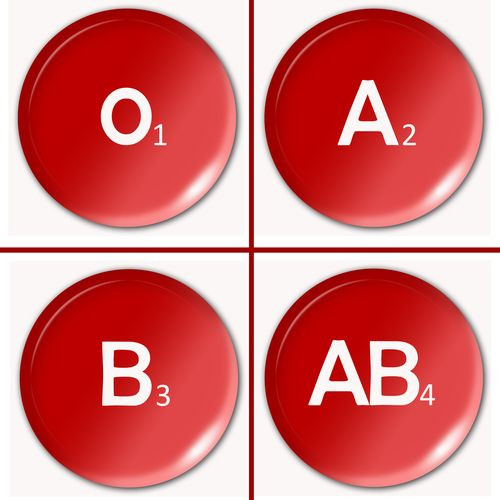Blood-Type Diet Debunked After Book, 'Eat Right For Your Type,' Sells 7 Million Copies

Periodically a new diet or fitness trend comes out and completely sends people across America updating the way they eat, sleep, and exercise. While many of these healthy habits do have positive benefits, others can sometimes be silly, and in some cases, useless. This past year diet trends included, the Ketogenic diet, the Mediterranean diet, the cotton ball diet, and the raw food diet, to name a few. The cotton ball diet was immediately disregarded because of its harmful nature. Now another diet is under scrutiny but not for being unsafe — instead for being useless. It’s known as the blood type diet.
Canadian researchers from the University of Toronto have found that the science behind the famous diet has no scientific evidence to back it up. “Based on the data of 1,455 study participants, we found no evidence to support the Blood Type Diet theory,” said the senior author of the study, Dr Ahmed El-Sohemy, associate professor at the University of Toronto.
After gaining popularity, Eat Right for Your Type, by Dr. Peter D’Adamo made it to The New York Times best-seller list, it was translated into 52 languages and sold over 7 million copies. Even celebrities like Victoria's Secret model, Miranda Kerr, Demi Moore, and Elizabeth Hurley swore by it. So El-Sohemy and his team decided to give the popular diet a scientific glance-over.
“The way an individual responds to any one of these diets has absolutely nothing to do with their blood type and has everything to do with their ability to stick to a sensible vegetarian or low-carbohydrate diet,” El-Sohemy said.
The diet entails tailoring a specific eating regimen that is catered to either A, B, AB, or O blood types. D'Adamo believed that your blood type allows you to react to different substances called lectins. “If you eat foods to which you react adversely, the negative response (which includes inflammation) can trigger different diseases based on your blood type as well as fatigue, poor digestion, and weight gain.” said Dr. Melina Jampolis, diet and fitness expert, on CNN.
And since there was no scientific evidence to conclusively prove this, the basis of this diet was purely speculative. El-Sohemy and his team used a group of mostly young and healthy adults and took detailed information about their diets. The participants also provided fasting blood, which was used to determine their blood type, level of cardiometabolic risk factors, such as insulin, cholesterol, and triglycerides. Their individual diet scores were based on the Eat Right for Your Type book, and none of the evidence found supported the notion of eating for a specific blood-type.
"There was just no evidence, one way or the other. We can now be confident in saying that the blood type diet hypothesis is false," said El-Sohemy.
Published by Medicaldaily.com



























